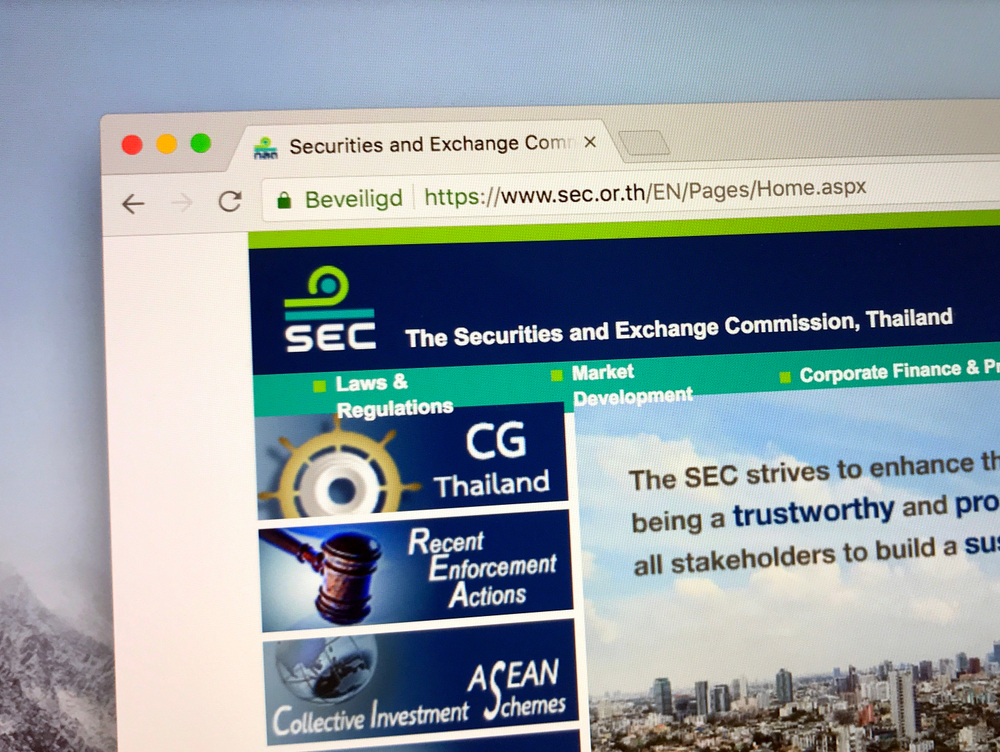Thailand is the latest country to replicate the bold move by Singapore authorities to prohibit crypto exchanges from lending services. The move affirms Thailand’s devotion to prioritizing investor protection in its crypto strategy approach.
Crypto Investor Protection Gains Momentum in Southeast Asia
Today, Thailand is the second nation in Southeast Asia to declare a ban on crypto exchanges providing lending services. The nation’s regulators’ decision to prioritize the integration of investor protection in Thailand’s new policy.
According to earlier news, exchanges are prohibited from lending to retail clients in Singapore. A recent release reveals that Thailand’s Securities and Exchange Commission announced similar rules.
The announcements indicate that this ban applies to ‘depository services providing returns to lenders and depositors. As such, it is a complete ban on exchanges that offer lending and staking services.
Thai’s SEC Mandatory to Issue Trading Risk Disclaimer
Thailand’s Securities and Exchange Commission has also introduced a mandatory trading risk disclaimer which must be vividly visible to clients. It indicates that owing to the high risk associated with cryptocurrencies, it is crucial to study and comprehend all the risks systematically. In turn, this prevents the loss of one’s whole investment.
Exchange operators need to ensure that users are aware of the risks before agreeing to utilize the service. Besides, evaluations of investor suitability will aid in establishing the extent of a user’s eligibility to invest in crypto. Despite the regulator forbidding crypto payments last year, it left an opportunity for clients to invest in it as an asset. The new regulations will be in operation starting from 31st July 2023.
Singapore’s Monetary Authority Bans Staking and Lending
Today’s Thai Securities and Exchange Commission news reflects the Monetary Authority of Singapore (MAS) ‘s earlier announcement concerning banning exchange operators from providing staking and lending services to retail customers. Further, MAS now requires exchanges to transfer all client assets into a Trust before the end of the year. This intervention seeks to avert client funds’ commingling and trading and avert the risk of another disaster similar to FTX.
FTX exchange is a multibillion-dollar organization that experienced a major collapse last November. This followed a bank run that revealed bad bookkeeping on its native FTT token. Further revelations revealed FTX’s transfer of client funds to Alameda Research, its sister organization, to bridge its balance sheet gaps caused by bad trades. Despite the dust settling, regulators consider FTX’s incident an example of what to consider when regulating exchanges’ activities.
The turmoil witnessed following the sudden collapse of the Sam Bankman-fried empire triggered increased scrutiny of the crypto activities. Similar to Singapore, the US regulators have repeatedly enforced crackdown to weed out fraudulent operators.
Editorial credit: Jarretera / Shutterstock.com
